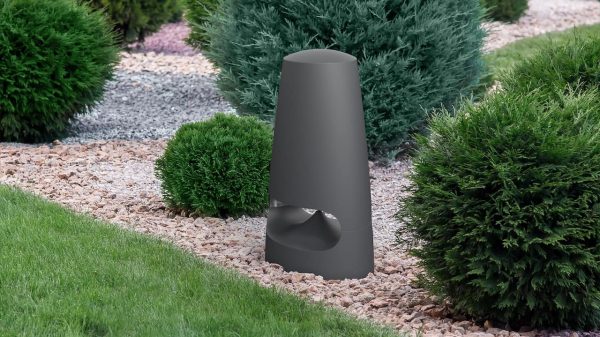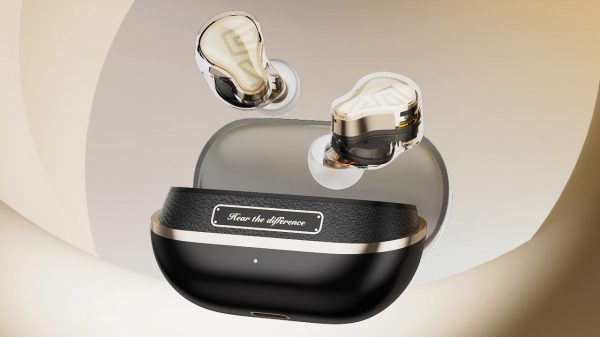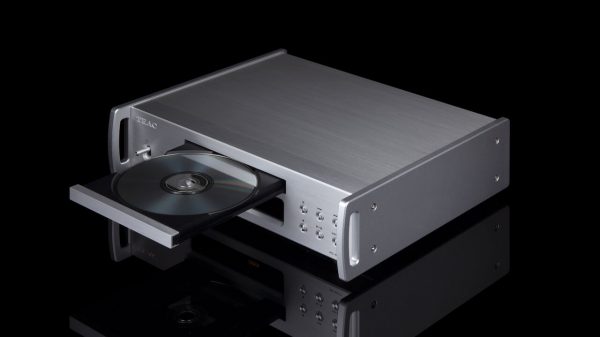UK research reveals what employees are really talking about on work email
London, UK, 8 November 2005: More than 90% of employees use work email to organise their social life and send jokes, according to a survey released today by Cryoserver, the forensic email archiving and compliance company.
Cryoserver surveyed a selection of UK employees from various industries about their email habits, particularly focusing on those that were non-work related. The results reveal that more than half of employees use work email for a number of things besides work, discussing everything from news and current affairs to their social life during office hours. The top ten non-work related uses were:
1. Discussed / organised social life or weekend plans — 98%
2. Jokes / humorous emails — 90%
3. Discussed / organised holiday plans — 78%
4. Conducted non-work related business — 76%
5. Organised birthday parties / stag nights etc. — 74%
6. Discussed dinner plans — 70%
7. Discussed relationships / love life or other personal issues — 64%
8. Discussed or gossiped about colleagues — 56%
9. Discussed news and current affairs — 56%
10. Discussed local restaurants / pubs — 50%
This survey raises important issues for employers both from a productivity perspective and legal point of view under the Data Protection Act. With regards to productivity, almost all of the employees surveyed use work email for organising their social life, more than three quarters organise holidays on it and almost two thirds of respondents discuss their relationships on the work email. Furthermore, if companies are going to allow personal communications to take place over their email systems, which many do according to the survey, they also face data protection issues. Under the Data Protection Act 1998, organisations are required to protect any personal data held on their systems.
Email backup tapes, commonly used by organisations, do not meet these requirements and should only be used for disaster recovery purposes, not investigations. Other than banning personal email altogether, a simple solution available to companies is to install an audit and compliance system capable of storing the emails passing through their networks and recording any search requests made by authorised users. Such systems address the privacy and data protection issues brought about by personal email at work whilst also acting as a deterrent against overuse of personal emails.
“It is clear from this survey that a large number of companies are breaking regulations set under the Data Protection Act as well as suffering from lower productivity brought about by excessive use of personal email at work,” said Paul Grossman, CEO of Cryoserver.
“The only way organisations can achieve the necessary safeguards to allow them to retain emails yet still observe data protection rules, is to install a forensic audit and compliance system. The system complies with companies’ data protection needs, and by making employees aware that their emails are being retained, provides an incentive to keep their personal emails to a minimum.”























